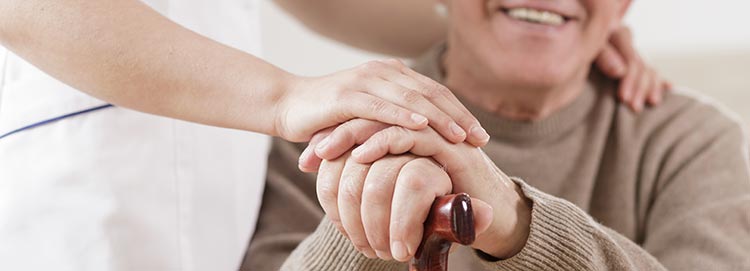
UKABIF (UK Acquired Brain Injury Forum) is calling for social workers to be trained and informed around acquired brain injuries following a review into the death of a Brighton man.
A review into the death of 42 year old ‘James’, who had an acquired brain injury (ABI), has found the current safeguarding system to be insufficient and a lack of expert knowledge in brain injury among the agencies working to protect him.
Now, UKABIF has written to Social Work England and the Secretary of State for Health, gathering more than 100 signatures from experts across health, social work and law in support of their call for improved training for social workers.
James died in July 2019 and his death led to a Safeguarding Adult Review (SAR) looking at the involvement of Brighton & Hove Health and Adult Social Care, Brighton & Hove CCG/Sussex NHS Commissioners, Sussex Police, Brighton and Sussex University Hospitals Trust, Brighton & Hove Housing Department, Money Advice Plus and Brighton and Hove Safer Communities Team.
The Review looked at the period from December 2016, around the time the local authority began a formal safeguarding enquiry, until James’ death. During this period, there was multi agency involvement with concerns around James’ substance misuse, vulnerability and ability to live independently.
His acquired brain injury was not taken into account by the professionals involved in James’ care and the review concluded ‘the assessments undertaken of James’ needs did not take sufficient account of his ABI and in particular the absence of capacity assessments informed by expertise in brain injury meant the care provided to him was ineffective.”
The review stated: “…the safeguarding system within Brighton & Hove is insufficiently developed to enable people with acquired brain injury to be safe.”
Chloe Hayward, UKABIF Executive Director, said: “Sadly, the issues raised by this SAR are not unique to James or to Brighton & Hove. It identified significant failings and a complete failure to assess mental capacity. Underpinning all of this is an acknowledged absence of ABI knowledge by social workers. We believe social workers play a vital role in supporting individuals and families affected by ABI but cannot do so effectively without the knowledge they need to practice to the best of their abilities.
We want to work with Social Work England and look at how social worker training can take into account the needs of people with brain injury.
The Coroner issued a Regulation 28 report following the case which gives all the authorities involved 56 days to produce a future plan.
Dr Mark Holloway, a social worker and brain injury case manager, was an expert witness for the Coroner leading the case into James’s death. He added: “Acknowledged and serious failings in James’ support and treatment are a personal tragedy for him and his family. However, these failings are representative of a systemic issue based in an absence of training and of knowledge by social workers of the impact of ABI upon an individual’s functioning and behaviour.
“Experience from across the country demonstrates that a lack of basic knowledge (and lack of interdisciplinary working) leads to recognisable and often preventable harm. Presently social workers are not being given the tools they require to carry out their vital role. Until they are, more harm will be caused and statutory duties will remain unmet. Individuals and families affected by ABI need the best support possible, knowledgeable social workers, equipped to carry out their roles, play a significant part in that process.”
Tracy, one of James’ sisters, said: “As the SAR into our brother’s life and death has shown, the services that were supposed to help and protect him could not do so because they did not understand his brain injury and how this affected him.
“He needed guidance and support in every aspect of his life and most importantly he needed safeguarding, to protect him from others who took advantage of his vulnerability and exploited him in every way possible. He was left unprotected and unsafe – he could have been helped instead. As a family we hope that the lessons learnt from his death can help others, so other families do not have to go through what we have, and that people with a brain injury can be supported and given hope.”
UKABIF raises awareness of acquired brain injury and works to ensure that people with ABI have early access to local, specialist neurorehabilitation and follow up services in the community.
